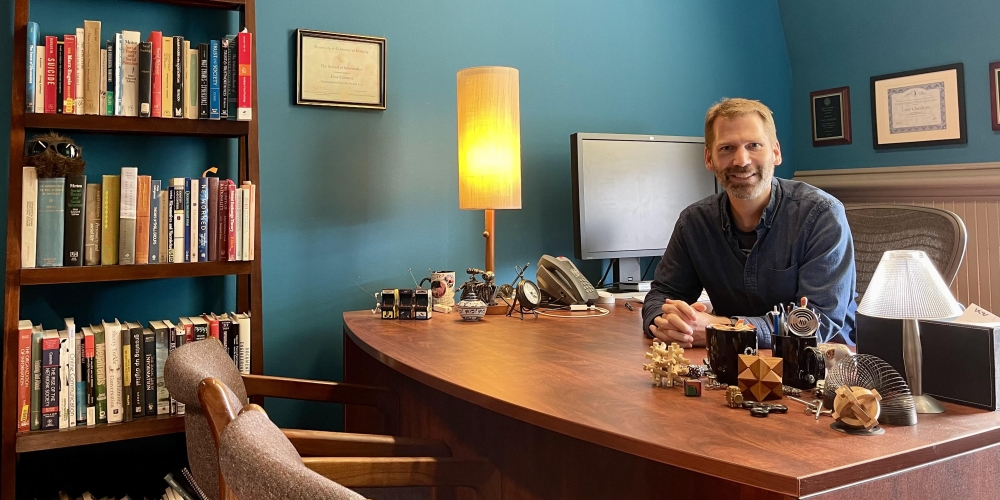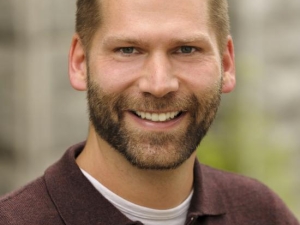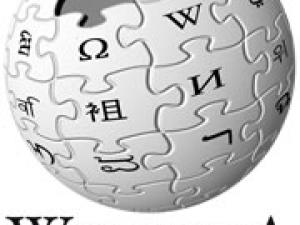

Research Bio
Coye Cheshire applies social psychological theories to investigate online information problems. He aims to advance our understanding of online cooperation, trust and prosocial behavior while combating distrust and misinformation. His recent research includes: trust in online health information, affordances and limitations of searching for health information online, remediation of online harms for adolescents, fairness and sensemaking about tipping in the gig economy, and trust-building in different forms of social exchange. He uses mixed methodological approaches, including laboratory and field experiments, longitudinal and cross-sectional survey analysis, online behavioral log analysis, and in-depth qualitative interviews.
Research Expertise and Interest
sociology, trust, social media, social psychology, misinformation, disinformation, social networks, collective action, social exchange, information exchange, social incentives, reputation, internet research, online research, online behavior, human-computer interaction, data science, biosensors, virtual reality
In the News
UC Noyce Initiative Advances Digital Innovation
University of California Researchers Win Grant to Study Misinformation Surrounding Reproductive Health on Social Media
At a Time When Abortion Access is Threatened, Google Search Data Shows America’s Growing Interest in At-Home Abortions
Who writes Wikipedia? ISchool digs deeper into site’s gender gap
Previous research has revealed that only a small percentage of Wikipedia entries are authored by women. But sheer numbers don’t tell the whole story of the online encyclopedia’s “gender gap,” say scholars at the School of Information.
In online dating, blacks more open to romancing whites than vice versa
Has Valentine’s Day become post-racial? Not yet, it seems. New research from UC Berkeley suggests that when it comes to dating, cyberspace is as segregated as the real world. Data gathered from more than 1 million profiles of singles looking for love online show that whites overwhelmingly prefer to date members of their own race, while blacks, especially men, are far more likely to cross the race barrier in hopes of being struck by Cupid’s arrow.
Featured in the Media
Abortion access barriers shared in “r/abortion” after Roe. Berkeley researchers including Prof. Coye Cheshire analyze descriptions of barriers and their impacts shared in an abortion subreddit.




